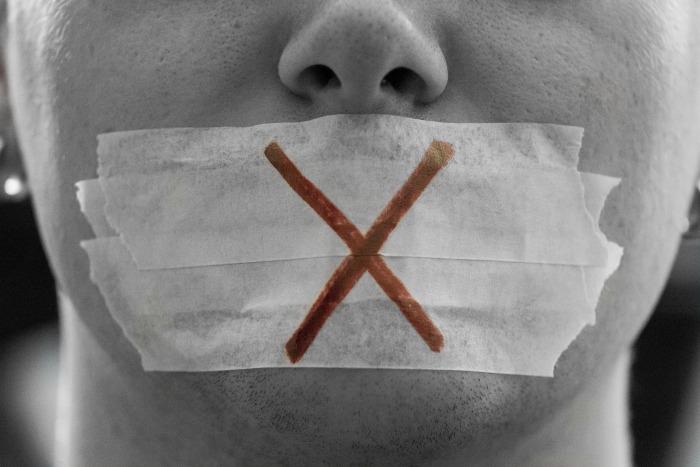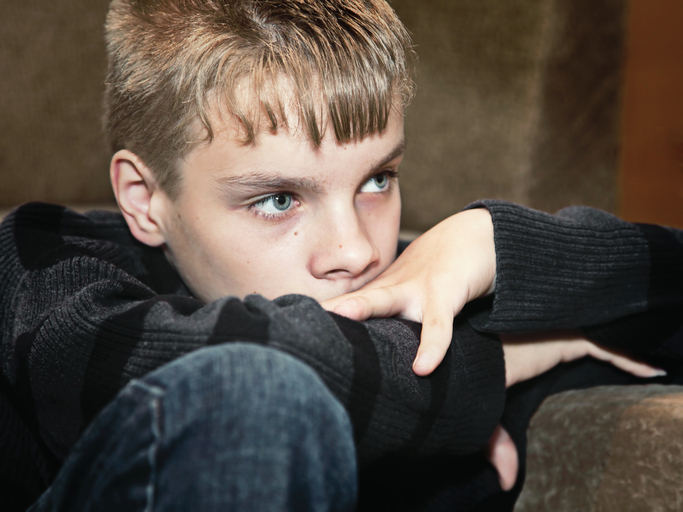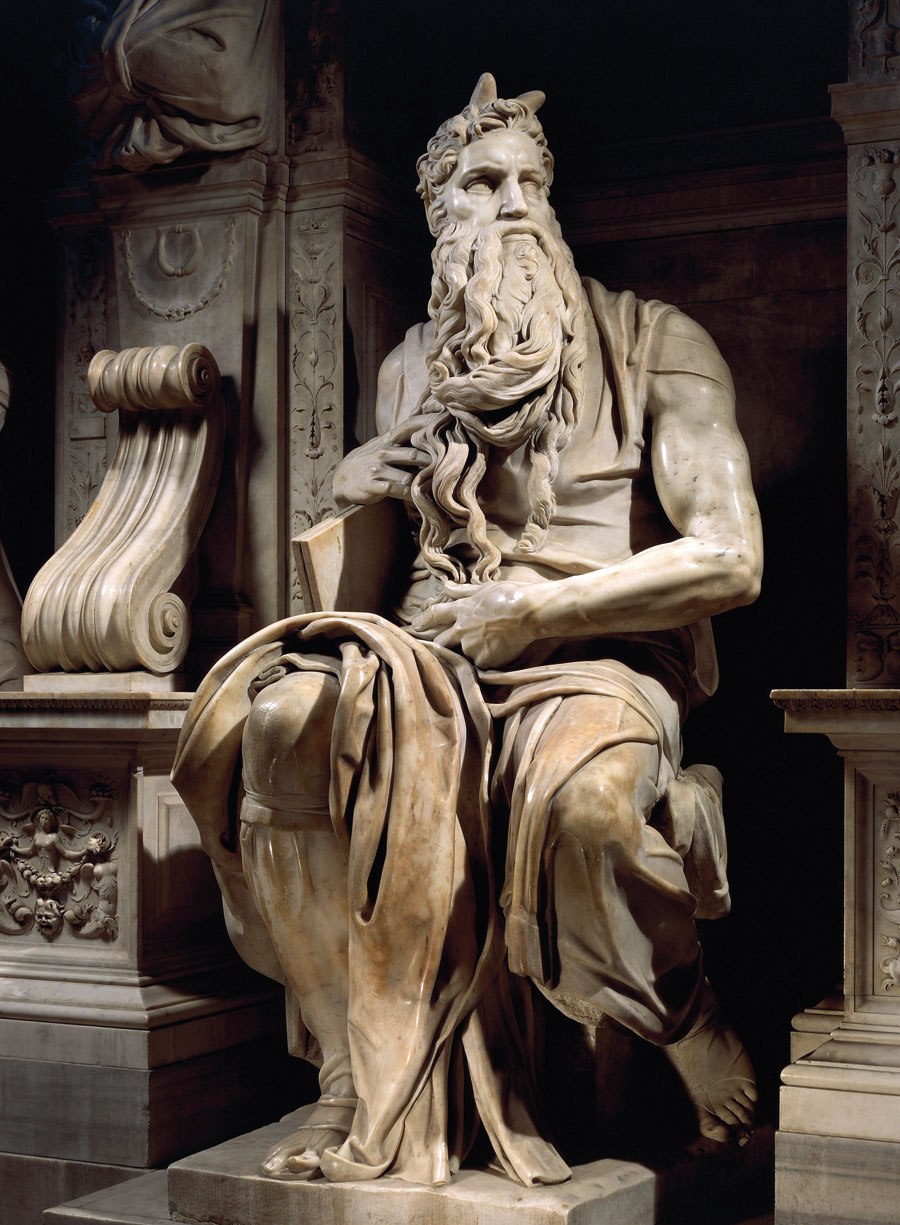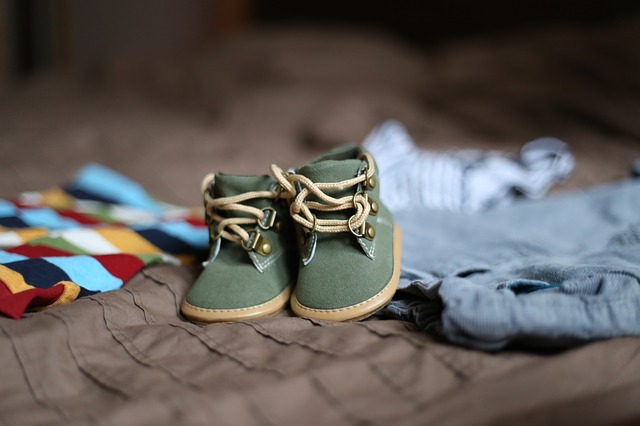
A Christian street preacher who was arrested, handcuffed and taken away by police for ‘hate speech’ has been awarded £2,500 for wrongful arrest.
The former dentist was preaching outside Southgate Tube station in North London in February when a passer-by called police and accused Oluwole Ilesanmi, 64, of ‘Islamophobic’ speech. Approached by police he said he described Islam as an ‘aberration’ but insisted he was simply expressing his point of view as a Christian rather than denigrating Muslims. The police accused him of racism, arrested him for ‘breaching the peace’, wrested his from him bible, and drove him to a location four miles away, after which they ‘dearrested him’.
The arrest was captured on camera and posted online and has since been viewed ten million times. The case was raised in Parliament and a petition with 38,000 signatures calling for greater religious freedom for Christian street pastors will be delivered to Government next week.
Scotland Yard has now agreed to pay Mr Ilesanmi £2,500 for wrongful arrest and his humiliating and distressing treatment.
Andrea Williams, chief executive of the Christian Legal Centre, said: ‘Despite laws that theoretically support the freedom to preach in public, in practice police officers are quick to silence preachers at the first suggestion that a member of the public is offended.’

150 years ago this month the Church of Ireland was removed from its role as Ireland’s State Church by an Act of the UK Parliament.
The Irish Church Act 1869 separated the Church of Ireland from the Church of England and disestablished the former. The Act meant the Church of Ireland was no longer entitled to collect tithes from the people of Ireland although existing clergy of the church received a life annuity instead. It also ceased to send representative bishops to the House of Lords in Westminster.
Royal assent was given to the Act on 26 July 1869 and it was commenced on 1 January 1871.
Commenting on the matter to the Irish Times, Canon Patrick Comerford said leading Church of Ireland figures feared the “very worst for the future” and a “very dismal catastrophe”. However, those fears were never realised.
“The Church of Ireland was left in possession of the cathedrals, churches and church schools then in use – which might not have been the fate of an established Church of Ireland at independence half a century later,” he said.
Dr Ida Milne, lecturer in European history at Carlow College, says disestablishment meant little to those made their livings as tenants rather than the professional classes that were a key element of the political and social Protestant establishment.
“We probably find the historic connection to the Church of Ireland establishment and the inequality it created in society an embarrassment, and would in the past have been teased about it,” she says.

Christian charities are calling on the new UK Foreign Secretary, Dominic Raab, to uphold the promises of his predecessor to persecuted Christians.
The former Secretary, Jeremy Hunt, had pledged to act on the recommendations of the Anglican Bishop of Truro that were made in a recent report for the Foreign and Commonwealth Office (FCO) in support of those discriminated against because of their Christian faith around the world.
Mr Hunt had said during his campaign for leader of the Tory party that the first thing he would do as PM would be to work with countries whom Britain already has a diplomatic relationship with, such as Nigeria and India, and encourage them to protect persecuted Christians.
Religious freedom charity Open Doors told Premier radio they are: “urging the new prime minister, Boris Johnson, to keep his promise to ‘prioritise protecting religious freedoms’ and ‘stand up for those facing persecution’ and Open Doors is calling upon the new foreign secretary, Dominic Raab to carry on the vital work started by his predecessor and implement the recommendations of the report into the persecution of Christians.”
They added that they are pleased that shadow foreign office minister, Liz McInnes asked for the FCO to focus on countries such as Nigeria where persecution is escalating and for the prime minister’s special envoy on freedom of religion or belief, currently Lord Ahmad, to be made permanent.

A student union has reversed itself and decided to grant affiliation to a pro-life student society after the initial decision to deny the group affiliation was challenged. The University of Nottingham Students’ Union had sought to argue that the values of the pro-life group “did not align” with their own and rejected the group’s application for affiliation on that basis. However, with the help of ADF International, “Nottingham Students for Life” was able to challenge the decision, arguing that the Union had a legal commitment to represent all students whether or not they agreed with their beliefs. Consequently, the Students’ Union has now reversed its original decision and granted the pro-life group affiliation.
Affiliation for student groups with the Students’ Union at a university is important for those groups as it permits them to use university premises for their events and often entitles them to a certain amount of funding.
Clare McCarthy from Right To Life UK said:
“This is great news for the pro-life students at Nottingham and the pro-life movement in Britain more generally. The difficulty pro-life groups face in gaining official status in universities has become the norm and Student’s Unions seem very happy to violate their own policies on ‘inclusion’ and ‘equality’ to discriminate against those who take a different view on abortion to them.”
“Universities were once considered the forum in which ideas and opinions were discussed and argued however, more and more we are seeing attempts to censor the pro-life argument from being discussed on campus. This behaviour sets a dangerous precedent for freedom of speech and expression more generally.”

New proposals concerning surrogacy in the Netherlands could mean up to four “parents” would have legal rights to one child.
The Country’s ruling coalition parties have proposed that the government should provide certain protections in gestational surrogacy arrangements and, separately, should provide some recognition of rights for non-biological parents, leading to a multiplicity of “parents”.
The Netherlands wouldn’t be the first governmental entity to recognize certain parental rights for up to four people. For instance, Ontario, Canada, passed a parentage law in 2016 that allows for up to four parents to a child. And based on one reading of recent New York State case law, the Empire State arguably permits up to six parents to a single child. The proposed legal changes in the Netherlands are intended to address current problems whereby step-parents, foster parents, and other non-biologically related persons acting as parents, nevertheless have no rights to a child.

The French government has sent draft legislation to parliament that would allow in-vitro fertilization (IVF) for lesbian couples and single women. Ireland already permits this. Countries such as Germany, Austria and Italy do not.
The bioethics bill, which would also allow women to freeze their eggs for non-medical reasons, is the first major societal reform by centrist President Emmanuel Macron. It was delayed while anti-government “yellow vest” protests roiled the country. Only six years ago, former President Francois Hollande’s legislation allowing gay marriage faced strong opposition.
While female same-sex couples would be enabled to have children through this legislation, male couples still won’t have any such pathway as surrogacy will remain banned, with the government deeming the issue too incendiary. “It would have raised the issue of the commercialization of women’s bodies,” Buzyn said.
The bill also ends anonymity for sperm donors, who will have to agree to having their identity revealed if their children ask to know their biological father when they turn 18.

Most Americans are still familiar with some of the basics of Christianity and the Bible, according to a new Pew Research Center survey that quizzed nearly 11,000 U.S. adults on a variety of religious topics.
The survey asked 32 fact-based, multiple-choice questions about topics related to religion. It is similar to a poll commissioned by The Iona Institute in 2007 which examined levels of basic knowledge among Irish people about Christianity and Catholicism.
Some of the questions were meant to be relatively easy, to establish a baseline indication of what nearly all Americans know about religion. Others were intended to be difficult, to differentiate those who are most knowledgeable about religious topics from everyone else.
Overall, eight-in-ten U.S. adults correctly answer that in the Christian tradition, Easter commemorates the resurrection of Jesus – rather than the Crucifixion, the Ascension to heaven or the Last Supper. A similar share know that the Christian doctrine of the Trinity holds that there is one God in three persons – the Father, the Son and the Holy Spirit. Eight-in-ten Americans correctly identify Moses as the biblical figure who led the Exodus from Egypt, and David as the one who killed Goliath by slinging a stone, while seven-in-ten know that Abraham is the biblical figure who exhibited a willingness to sacrifice his son in obedience to God.

Authorities are investigating why not one girl was born across dozens of villages in a northern Indian district in the last three months. In a country grappling with a skewed gender ratio, data has revealed that of the 216 newborns in 132 villages across the Uttarkashi district, in Uttarakhand state, none were girls, the news agency ANI reported.
It raises concerns that the central government’s policy to try to tackle the prevalence of sex-selective abortion, is not working.
India outlawed the selective abortion of female fetuses in 1994 but it is still a common practice in a country where dowries for girls, although outlawed, are expensive and boys are considered to be the main breadwinners.
Census data in 2011 showed there were 914 girls to every 1,000 boys for children up to the age of six, but in some northern states that ratio was as low as 850, according to the United Nations Population Fund UNFPA).
Last year, a government report found about 63 million women were “missing” from the country’s population. “Issues relating to son preference are a matter for Indian society as a whole to reflect upon,” the report said.

Nine in ten Irish people underestimate the monetary value of a stay-at-home parent which has been estimated at nearly €44,000.
This is one of the primary findings of a recent survey from protection specialist Royal London, which found the average salary value people would place on the role of a stay-at-home mother or father was €27,500, while wage figure estimates suggest the actual amount could be nearly €44,000.
Royal London considered the duties of a stay-at-home parent and researched the cost of replacing the jobs they do for the family and in the home. They included some of the ‘top jobs’ parents carry out on a weekly basis such as cooking, cleaning, driving children to their various activities and so on, and the average work-place costs associated with these duties. Royal London’s calculations reveal that the cost to employ someone to do the household jobs normally done by a stay-at-home parent would be an estimated €43,934.
Ms. Murphy spoke of the contrast between perception and reality when it comes to remuneration for the myriad of jobs carried out by a stay-at-home parent: “The average expected salary of €27,500 is significantly lower than the €43,934 we estimate as the economic cost of a stay-at-home parent, and lower again than the €47,596 reported by the CSO as the average earnings of a person in full time employment during 2018.”

The BBC grossly exaggerated the actual number of women in the UK who had ordered illegal abortion pills online from overseas according to data released as a result of a Freedom Of Information request by Right To Life UK.
BBC coverage from 2017 implied that increasingly large numbers of individual women were directly ordering abortion pills from website overseas. This in turn suggested that there had been an increased demand from individual women for illegal abortion pills over a number of years.
However, the BBC’s presentation of the facts was extremely misleading. They disclosed the total number of abortion pills that have been seized each year since 2013, but failed to disclose that only one or two parcels of abortion pills had actually been seized each year.
So, instead of the hundreds of individuals apparently illegally ordering abortion pills online, the Freedom of Information request showed only a handful of individuals had ordered parcels containing abortion pills.